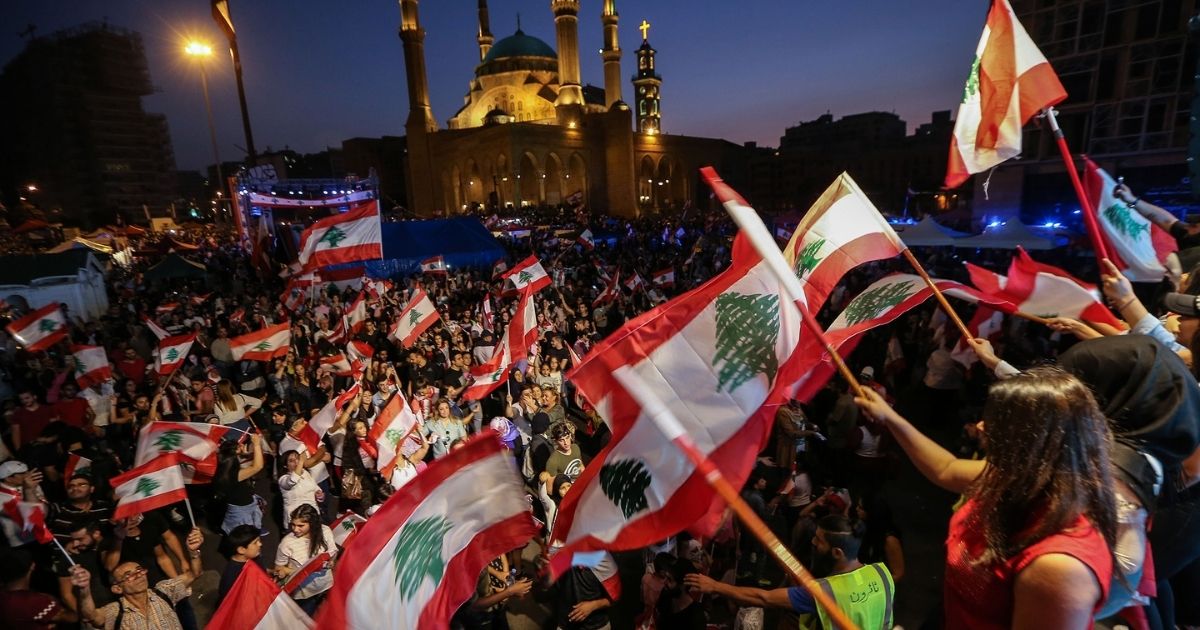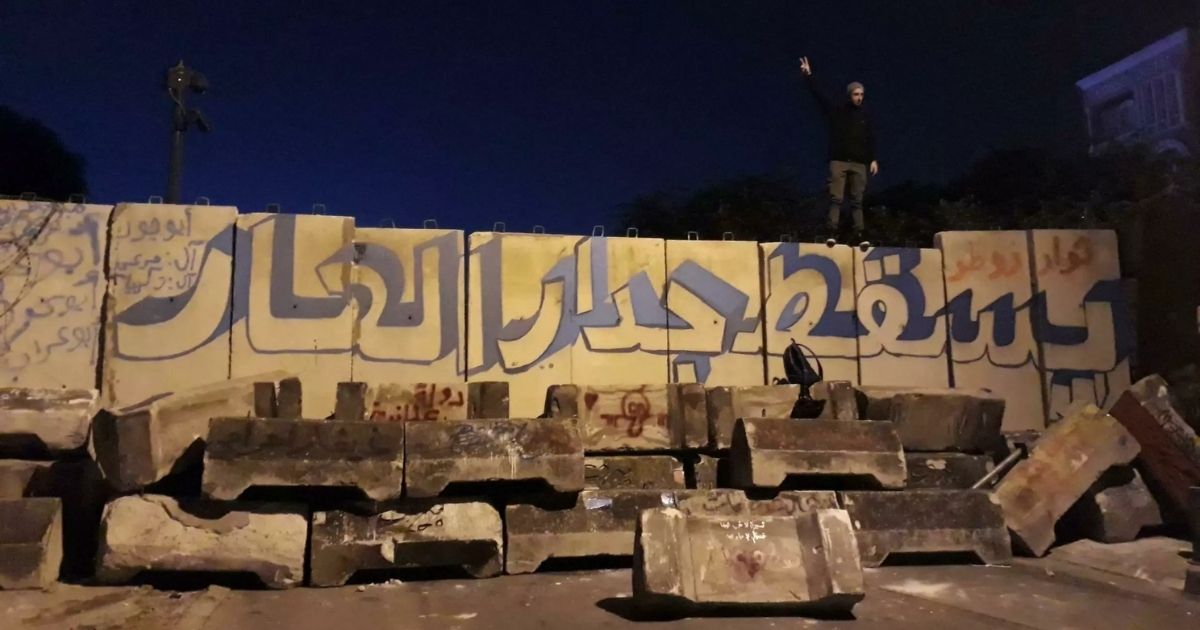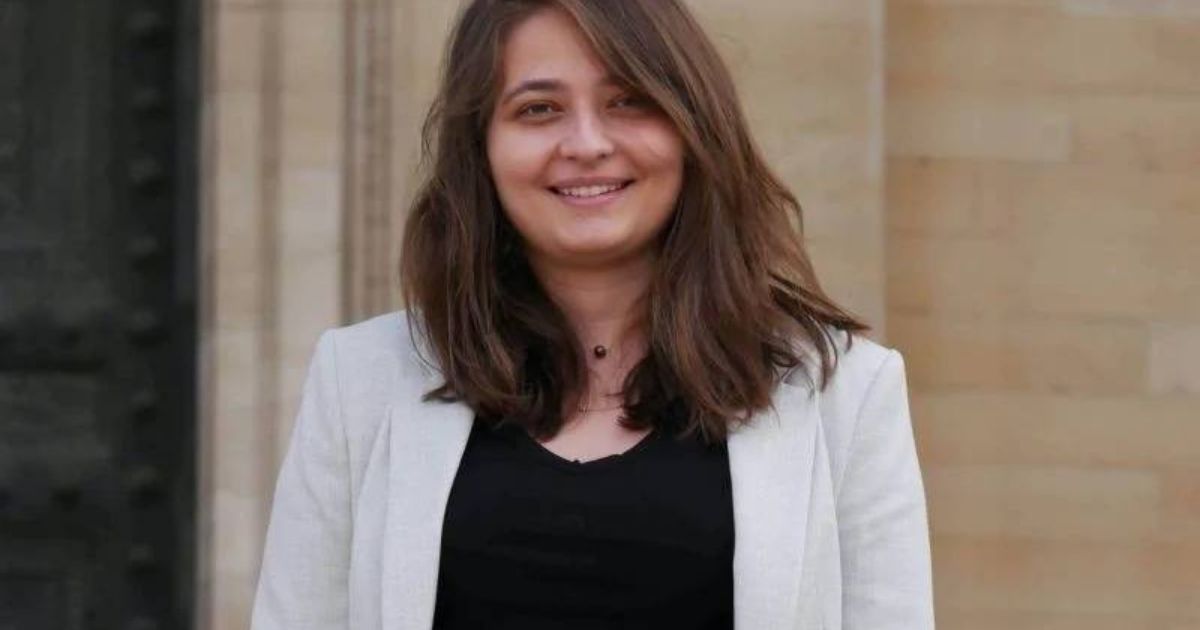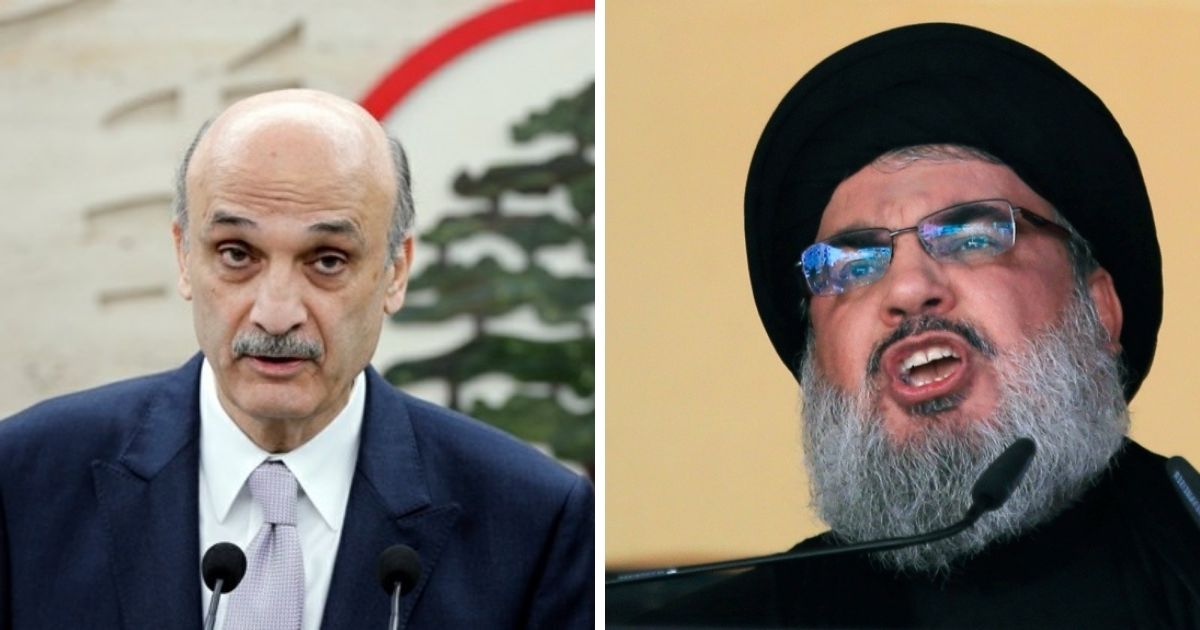Gebran Bassil’s invitation to represent Lebanon at the World Economic Forum in Davos, Switzerland, has been a controversial and trending topic.
Many asked and petitioned that he be disinvited from the conference, stating that he has no legitimacy to represent Lebanon.
In that regard, during a CNBC televised interview in Davos, the former Foreign Minister was grilled by CNBC International Correspondent and Anchor Hadley Gamble and by the Dutch Foreign Trade Minister Sigrid Kaag, who challenged Bassil on his role in the government.
Hadley Gamble, who has covered the ongoing revolution several times from Beirut, opened the interview by asking Bassil how he got to Davos.
Bassil responded by trying to defend himself from the “lies and rumors” and saying that he went on with his own expenses with “not one single lira at the expense of the treasury.”
He then added that he got a favor from a friend, to which the Dutch Foreign Trade Minister Sigrid Kaag responded, “We are not allowed to have things like that when we’re in government.”
She went on insisting on the must of transparency in the expenses of politicians, which should never exceed their set salary.
When questioned about whether he represents Lebanon, he said that he was asked by the president of Lebanon to represent him.
On his previous role as Minister of Electricity, Gamble asked him about why he was not able to achieve his promise of 24/7 electricity in Lebanon.
Bassil responded with a long explanation about our political confessionalist system that is the problem, according to him, and about the immigration of Lebanese since “always”, and the problems of the refugees.
Gamble, however, insisted back on the electricity problem, to which Bassil blamed the previous rulers and the confessionalism.
At that, Gamble quickly responded, “You don’t think you’re supporting confessionalism.” Bassil then told her that she “did not get it” and blamed the system, again.
On corruption, Bassil did agree that there is corruption at the top level. He said that there were five law projects related to transparency. According to him, they were not implemented “because we are not the majority” despite being the largest bloc in parliament.
Kaag challenged Bassil to name one citizen who was able to take a public figure to court and have them fined or sentenced. Bassil had no answer to that.
On his comments about teaching Washington and London how to ‘run a country without a budget,’ Gamble asked him: “What have you created in Lebanon?”
He answered that in 12 years without a budget, his party was able to create 3 budgets, referring to a May 2019 plan that raised taxes and made huge spending cuts.
It is worth pointing out here that the voices of the Lebanese people of the revolution have indeed reached far and wide.
That the local officials have mostly acted towards them as if nonexistent and insignificant for over three months does not imply that the world leaders and the international community have; not by a long shot.
One may possibly ignore a protest here and there, but not a revolution of a nation amid enduring dramatic crises.
The world watches and hears. Very little could be hidden nowadays; not when the oppressed people have become the reporters of their truths on social media and online platforms.
Here is the full interview with Bassil:

















